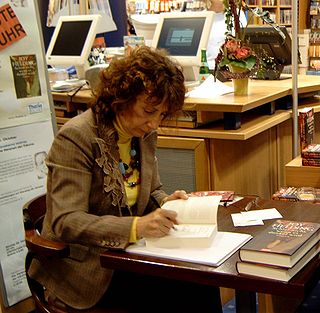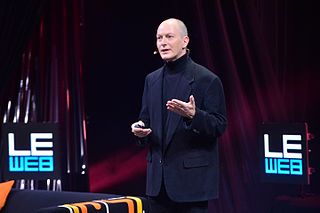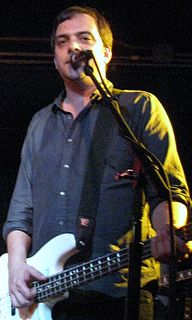A Quote by Laurie Foos
Fundamentally I think we all write the kinds of work we'd most like to read. Or we try to.
Related Quotes
The most important thing is you can't write what you wouldn't read for pleasure. It's a mistake to analyze the market thinking you can write whatever is hot. You can't say you're going to write romance when you don't even like it. You need to write what you would read if you expect anybody else to read it.
I try to write every day, preferably first thing in the morning. Of course, there are days when something happens to interfere with this ideal schedule. Then I try to find time later in the day. I usually work at home, but sometimes, for a change I'll go to a library or a cafe. And I like to read poetry before I sit down to write.
I don't write because I think I have anything particularly interesting to say. I write because I love writing more than any other work I've done. I do think about entertaining the reader to the extent that I try always to write a book that I myself would want to read, but I don't think it's up for me to decide if what I've written is interesting to others. That is entirely up to others.
I don't think about the reader in any conscious way that impacts the writing, as far as, Hey, most readers would like this! But at the same time, if it were presented to me: "John, you're going to write a novel. It's going to take you a few years. When you're done with it, there's a law that no one's allowed to read it." I don't think I would write it. I want someone to read it!
The desire to be liked is acceptable in real life but very problematic in fiction. Pleasantness is the enemy of good fiction. I try to write on the premise that no one is going to read my work. Because there's this terrible impulse to grovel before the reader, to make them like you, to write with the reader in mind in that way. It prevents you doing work that is ugly or upsetting or difficult. The temptation is to not be true to what you want to write and to be considerate or amusing instead. I'm always trying to fight against the impulse to make my readers like me.
I write because I have an innate need to. I write because I can't do normal work. I write because I want to read books like the ones I write. I write because I am angry at everyone. I write because I love sitting in a room all day writing. I write because I can partake of real life only by changing it.



































